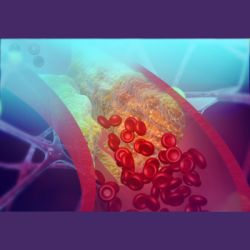The European Commission is launching the European Cancer Imaging Initiative,which aims to foster the deployment of digital technologies in cancer treatment and careto achieve better outcomes for cancer patients.
The initiative will create a digital infrastructure linking up resources and databases of cancer imaging data across the EU. With a common database that makes large amounts of medical images available to all stakeholders, European researchers and physicians will be able to access and use them easily, all whilst remaining in full compliance with EU values and data protection rules.
The initiative will offer researchers the opportunity to have quick access to more high-quality data, allowing them to advance their understanding of the disease, and innovators can develop and test data-driven solutions for cancer care.
Overall, the initiative supports the development of tools for personalised medicine to further improve cancer treatments.
As Margrethe Vestager stated, “with innovative data-driven solutions it will be possible to support improved diagnosis and better patient care.”
Data will no longer be fragmented and scattered across different databases, removing any data divide between EU initiatives. Instead, the initiative will connect EU-level and national initiatives, hospital networks, as well as research repositories with the relevant imaging data.
Stella Kyriakides, Commissioner for Health and Food Safety, summarised,“The Cancer Imaging initiative will provide vital information for the next generation of cancer diagnostics and treatment and help us make screening more precise, timely and accessible”.
Source: European Commission

























